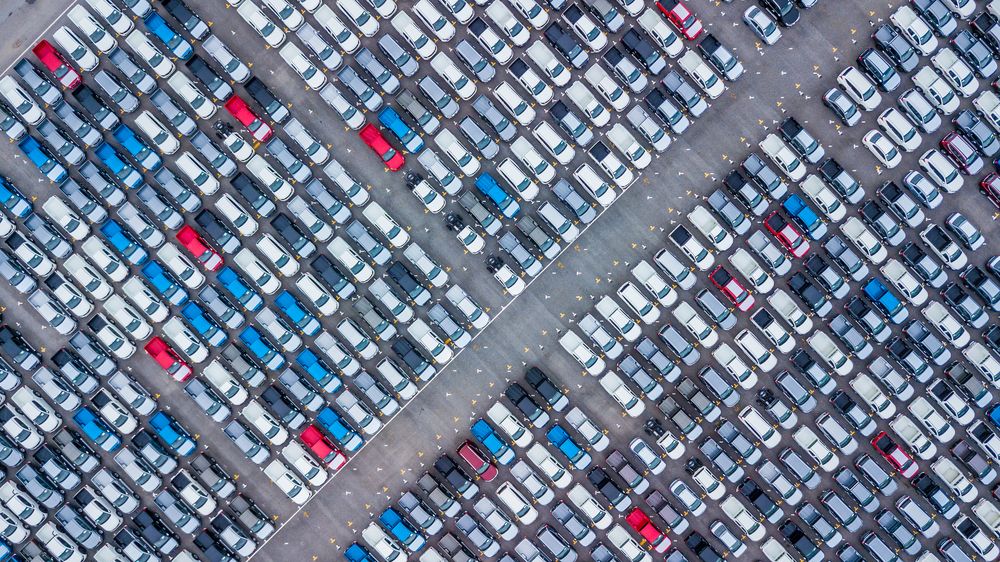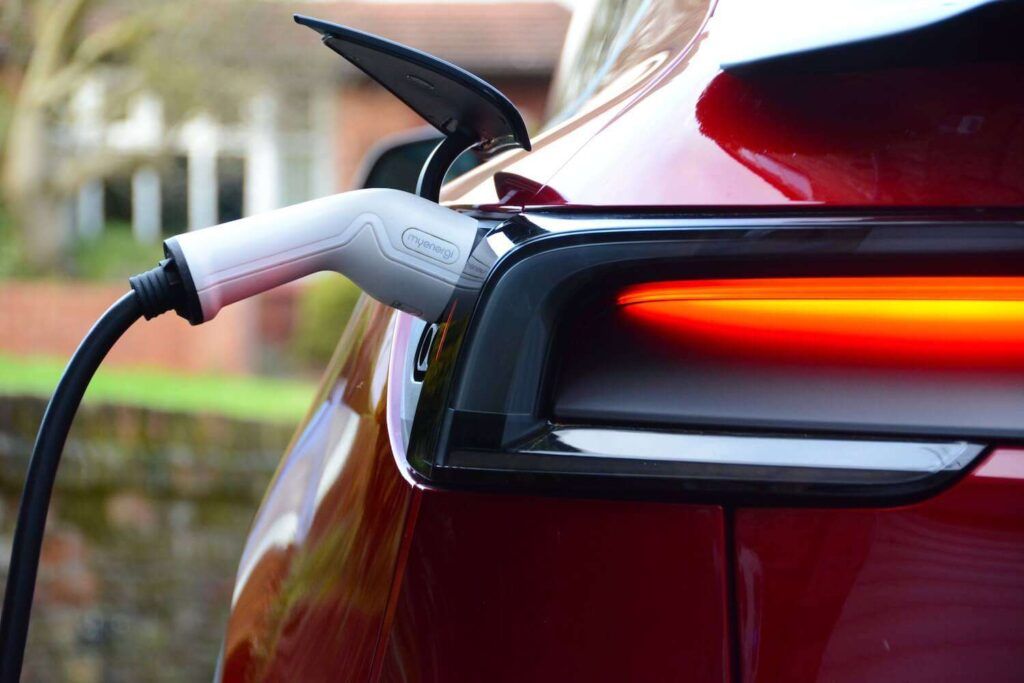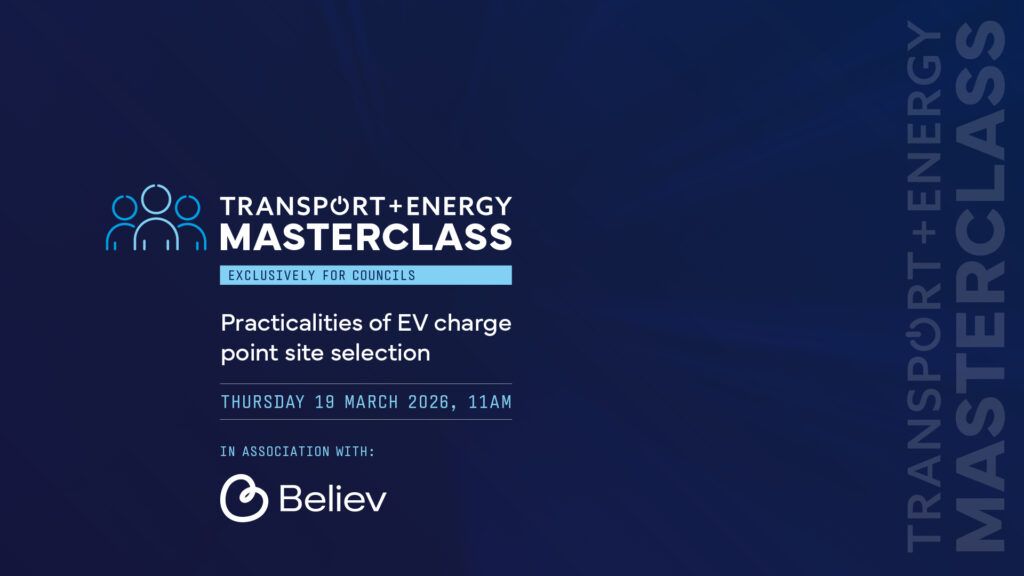Canada has said it will impose a 100% tariff on imports of China-made electric vehicles (EV) following similar moves from both the US government and the European Union.
Explaining the move, Canadian Prime Minister Justin Trudeau said it was undertaken due to a desire to “transform” Canada’s automotive sector into a “a global leader in building the vehicles of tomorrow” – and China had “chosen to give themselves an unfair advantage in the global marketplace”.
The new plan also includes a 25% duty on Chinese steel and aluminium by Canada.
The duties on Chinese EVs will come into effect in just over a month on 1 October, with the steel and aluminium duty being imposed from 15 October.
Speaking about the news, a Chinese Commerce Ministry spokesperson said it would “seriously undermine” the global economic system and trade rules, and “urged” Canada to “immediately correct its erroneous practices”.
Iain Herd, co-founder of EV Cables, said the move was a “double-edged sword”.
Herd said:
“On one hand, this tariff might encourage local manufacturing and innovation within North America’s EV ecosystem, potentially increasing demand for locally sourced components, like our advanced charging cables.
“On the other hand, such tariffs could lead to a short-term increase in costs for consumers and potentially slow down the adoption rate of EVs if the market relies heavily on imported models or components from China. However, in the long run, this could foster a more robust, self-reliant North American EV market.”
“It’s crucial for the industry to adapt, and we’re positioned to support this transition.”
Roland Bodlovic, Technical Director at electric vehicle charging consultancy, Versinetic, said:
“The recent Canadian decision to impose a 100% tariff on Chinese-made electric vehicles (EVs), including those produced by Tesla in Shanghai, signals a significant shift in the global EV market. This affects any manufacturer making EVs in China, not just Chinese brands.
“As such, manufacturers such as Tesla could be affected by this. Essentially, if you’re not manufacturing in China, you won’t be subjected to this tariff. Tesla has three other factories across the world, as well as its Shanghai plant, and can supply Canada from one of their other factories potentially. I don’t see this as something likely to unsettle Tesla too much.”
Image from Shutterstock












